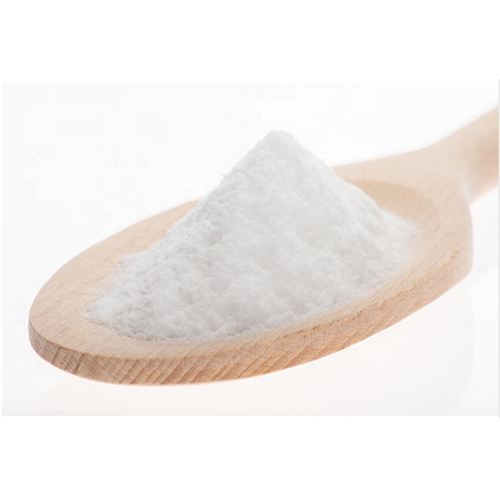Allulose differs from regular sugar (sucrose) in terms of its impact on blood sugar levels and insulin response.
Here’s how allulose affects blood sugar and insulin compared to regular sugar:
Blood Sugar Levels: Allulose is a low-calorie sweetener that does not significantly raise blood sugar levels. When consumed, allulose is not fully metabolized by the body and is excreted largely unchanged. As a result, it has a minimal impact on blood glucose levels. In contrast, regular sugar is composed of glucose and fructose, which are rapidly absorbed and can cause a sharp increase in blood sugar levels.
Insulin Response: Allulose has a low glycemic index, meaning it does not trigger a significant insulin response. Insulin is a hormone that helps regulate blood sugar levels. Allulose is metabolized differently from regular sugar, and studies have shown that it does not stimulate insulin secretion to the same extent as glucose or sucrose. In contrast, regular sugar can cause a pronounced insulin response due to its glucose content.
These characteristics make allulose a potential alternative sweetener for individuals who need to manage their blood sugar levels, such as those with diabetes or individuals following a low-carb or ketogenic diet. It can provide a sweet taste without the same impact on blood glucose and insulin levels as regular sugar.
However, it’s worth noting that individual responses may vary, and it’s important for individuals with specific health conditions to consult with healthcare professionals for personalized dietary guidance. Additionally, while allulose is generally recognized as safe, it’s advisable to consume it in moderation, as excessive intake may have laxative effects in some individuals.
What are the health benefits and potential drawbacks of consuming allulose?
Consuming allulose as part of a balanced diet may offer several health benefits, but it’s important to consider potential drawbacks as well. Here are some of the benefits and drawbacks associated with consuming allulose:
Health Benefits of Allulose:
Low Calorie: Allulose is a low-calorie sweetener, containing approximately 0.2 to 0.4 calories per gram. Compared to regular sugar, which has around 4 calories per gram, allulose can be a useful tool for reducing overall calorie intake, China allulose suppliers which may contribute to weight management.
Blood Sugar Management: Allulose does not significantly raise blood sugar levels and has a minimal impact on glycemic response. This makes it a potential option for individuals with diabetes or those looking to manage their blood sugar levels.
Tooth-Friendly: Allulose does not promote tooth decay or cavities, as it is not fermented by oral bacteria to produce acids that can harm tooth enamel. Choosing allulose as a sweetener may be beneficial for dental health compared to regular sugar.
Potential Drawbacks of Allulose:
Laxative Effects: In some individuals, excessive consumption of allulose may have a laxative effect, causing gastrointestinal discomfort, bloating, or diarrhea. It is recommended to moderate allulose intake and gradually introduce it into the diet to assess personal tolerance.
Limited Availability: Allulose is not as widely available as other sweeteners, and it may be more expensive compared to regular sugar or other sugar substitutes. Availability may vary depending on the region.
Taste and Texture: Allulose may have a slightly different taste compared to regular sugar. While it provides sweetness, some individuals may detect a slight cooling sensation or aftertaste. Additionally, allulose may not always provide the same texture or bulk as sugar when used in certain recipes.
It’s important to note that individual responses to allulose may vary, and it’s advisable to consult with healthcare professionals or registered dietitians for personalized advice, especially if you have specific health conditions or dietary concerns.

Comments